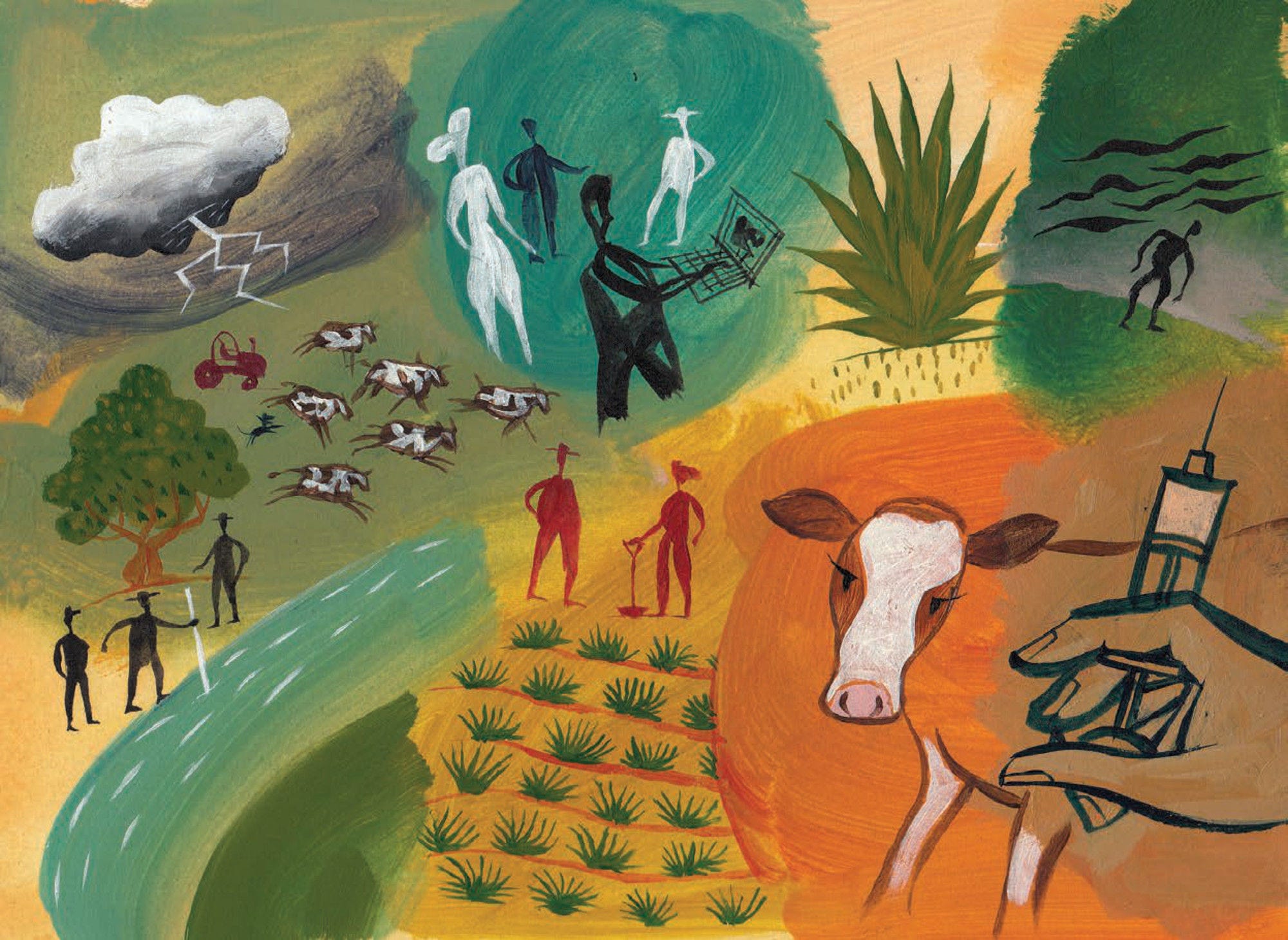The agricultural sector is facing unprecedented shocks and stresses. In recent years, natural hazard-induced disasters have ranged from powerful typhoons in Southeast Asia, to more active Atlantic hurricane seasons, severe droughts in many countries, and huge swarms of desert locusts in countries across the Greater Horn of Africa, the Arabian Peninsula and Southwest Asia. Climate change is increasing the frequency and intensity of such events, causing production losses, damaging land and assets in agricultural sectors, and threatening livelihoods around the world.
In the face of these trends, a “business-as-usual” approach to disaster risk management will not be sufficient to enable agriculture to rise to the triple challenge of supplying safe and nutritious food to a growing global population, providing sustainable livelihoods along the agrifood chain, and managing the earth’s natural resources sustainably. Simple attempts to build back as before risk perpetuating the sector’s vulnerabilities.
This joint OECD-FAO report, which is funded by the Italian Government and an outcome of Italy’s G7 Presidency in 2017, presents a resilience-based approach to managing the impacts of natural hazard-induced disasters. It shows that moving from a risk coping to a resilience approach means emphasising the importance of planning to prevent and mitigate the adverse impacts of disasters before they happen, enabling farmers to be better prepared to recover from disasters, and helping the sector to adapt and transform so that they are less vulnerable to future disasters.
The report draws from seven country case studies in Chile, Italy, Japan, Namibia, New Zealand, Turkey and the United States to explore the governance arrangements, policy measures, and on-farm strategies that governments, farmers and other agricultural sector stakeholders are already using to build the sector’s resilience to natural hazard-induced disasters. It offers insights and concrete recommendations on how countries at all stages of development can build agricultural resilience to natural hazard-induced disasters and enable the sector to continue to play its critical role in contributing sustainable development.
